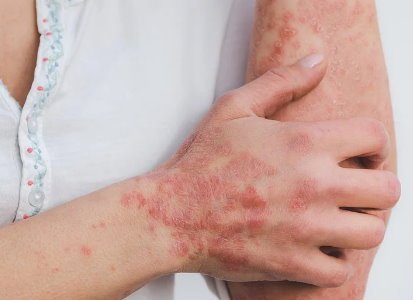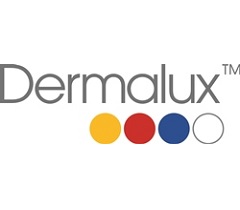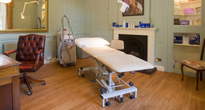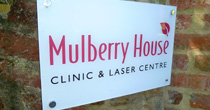
The skin condition is characterised by red or white rashes that are thick, patchy, and scaly. The skin can be very itchy and uncomfortable and may be prone to bleeding.
Psoriasis is not contagious. It is actually linked to a problem with the immune system, which treats healthy skin cells as if they were an infection, therefore making new cells at a much faster rate. This causes thickening of the skin and a rash.
It is most common on the scalp, elbows, knees, and lower back; but can appear elsewhere. Even the nails may be affected.
Psoriasis can get worse with
- Skin injury, wounds or infection
- Stress
- Smoking
- Changes in the weather – sunburn or cold temperatures can both be triggers
- Reaction to certain medications, foods or drinks (e.g. caffeine, alcohol)
Find out more about psoriasis from the UK Psoriasis Association.
If you have psoriasis, the first line of treatment is normally creams or ointments to moisturise and soothe the skin. Ingredients in creams prescribed by the GP may include vitamin D or steroids.
However, these may not be effective or ideal for long term use and many patients would prefer to find a more natural treatment.
Is the sun a natural cure for psoriasis?
Many of those who suffer with psoriasis find that it can get better in the summer due to the additional to ultraviolet (UV) light, The combination of longer daylight hours, more time spent outside and stronger sun rays all combine to increase the amount of UV exposure for the skin.
However, it is very important not to overexpose the skin to the sun. Sunburn can be very detrimental and can cause severe flareups in the condition, so it’s important not to stay out too long and to use sun protection.
UV rays can be harmful to the skin in other ways too, potentially causing premature ageing, pigmentation and even skin cancer. Therefore sunscreen is essential to prevent sun damage, premature ageing and even skin cancer. Unfortunately for psoriasis sufferers, sunscreen can also irritate the skin. Choose products that are suitable for sensitive skin or children, as these are less likely to irritate the problem; but if they do cause irritation, switch to a different product before it gets worse.
Those with severe psoriasis may also be uncomfortable about showing it and prefer to keep the skin covered up due to the embarrassment that it can cause in public.
There is now another way of getting ‘safe’ light-based treatments for psoriasis that can be accessed all year round.
Dermalux LED

- Non-invasive skin treatment option harnesses the power of 3 specifically chosen light waves (red, near infrared and blue light treatment) that are absorbed by the skin
- Light waves work to boost the skin’s renewal and healing processes, with cell renewal and collagen production
- Can improve a host of skin concerns and issues including psoriasis
- Gentle and safe for sensitive and inflamed skin. By preventing bacterial infection and relieving itchiness, the clinically proven, UV free alternative stimulates the body’s own natural response for healing.
More Information: Dermalux LED Therapy.
Dermalux LED vs Sunlight Treatment
For psoriasis sufferers, Dermalux offer a number of advantages over natural sunlight
- Safer treatment, avoiding the risks of sun damage associated with natural sunlight
- Controlled treatment, with set strengths, wavelengths and treatment times according to the requirements
- Not weather dependent – in the UK, we can never bank on the sun. LED therapy offers the benefits of safe light treatment year round, whatever the weather
LED Treatment Northamptonshire
Dermalux treatment was launched at Mulberry House Clinic based in Hardingstone near Northampton back in 2013 and has proven its versatility and effectiveness with a wide variety of patients and a range of differing skin conditions and requirements. For more information see
- Dermalux before and after photos
- Dermalux FAQs
- Dermalux reviews
The first step is a consultation with Dr John Tanqueray at Mulberry House Clinic, Hardingstone, Northamptonshire. As Dr Tanqueray is a former GP, the assessment is of a medical nature and includes consideration of any underlying causes. Medical history and circumstances are important to a proper medical diagnosis before agreeing the best course of treatment. Patients can be assured of absolute confidentiality and no pressure to proceed unless they’re absolutely happy with the doctor’s recommendations.
Mulberry House Clinic
Established 2003
Mulberry House Clinic has an excellent reputation in the Northampton area as an independent, doctor-led practice with over 10 years experience. Cosmetic skin treatments are carried out by Dr John Tanqueray, who also works with Allergan to train other professionals in his skills and techniques.
For further information or to arrange a confidential consultation, please complete our contact form, call 01604 702630 or email: info@mulberryhouseclinic.co.uk.







